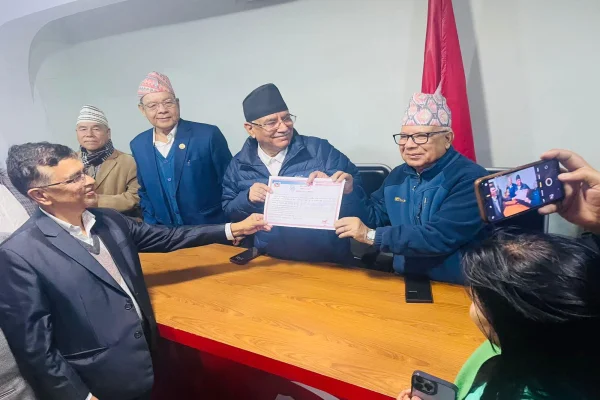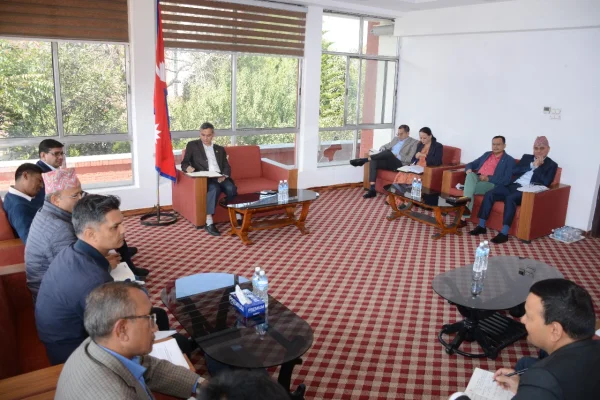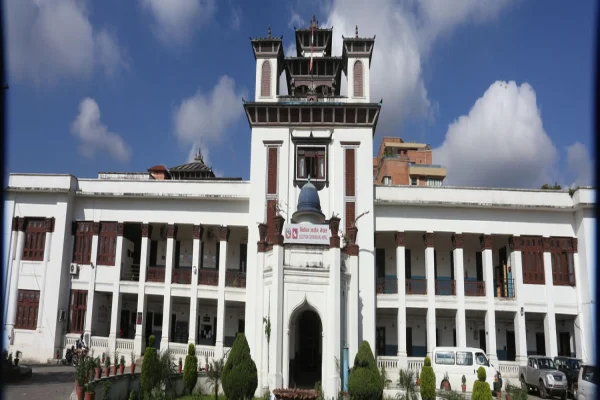In addition, the DNPWC has instructed all national park and wildlife reserve wardens to make it mandatory for all teams willing to participate in international elephant polo tournament that is organized in Nepal by World Elephant Polo Association (WEPA) every winter to confirm that their elephants are not suffering from tuberculosis. [break]
The DNPWC has also put a ban on state-owned elephants from taking part in tournaments if any participating private team refuses to come up with the mandatory tuberculosis-free test reports.
“Until last year, medical check up of elephant was not required for any game, including the polo,” Krishna Acharya, director general of DNPWC, told Republica, “Else, we won´t be in position to participate in the game.”
The DNPWC woke up to the risk of physical contact between a tuberculosis-affected elephant with healthy tuskers after 10 elephants were found suffering from the disease shortly after an elephant polo tournament concluded in Bardiya district.
The game, usually held in Chitwan, was held in Bardiaya in December of 2009 after a dispute led to the closure of all hotels and resorts inside Chitwan National Park (CNP).
However, as a result of the lack of resources, treatment of the ten infected elephants has not yet started. “Treatment of elephants for tuberculosis is very expensive and time-consuming as the year-long cost of treating an elephant goes up to Rs 300,000,” said Kamal Gaire, a senior veterinarian with the CNP.
“Treatment of elephants for tuberculosis is very expensive and time-consuming. We need to put in extra effort to tackle the spread of tuberculosis,” said Kamal Gaire, a senior veterinarian with the CNP. “Given the time and the amount of money required for the treatment of an elephant, we can not treat all ill elephants at once,” he added and he warned that the situation can go out of control if the tuberculosis that is currently limited to captive animal spreads to wild elephants.
For the first time in Nepal in 2000, an elephant was found infected with tuberculosis. In the last ten years, seven elephants -- six owned by national parks and one owned by National Trust for Nature Conservation (NTNC) -- have died of tuberculosis. Six more elephants are currently undergoing treatment for tuberculosis.
As of now, Nepal has 216 captive animals. Of them, 95 are owned by national parks or wildlife reserves. The rest are owned by hoteliers and the NTNC.
9th National Games: There is no coach in Gandaki Province





_20220426210826.jpg)


























